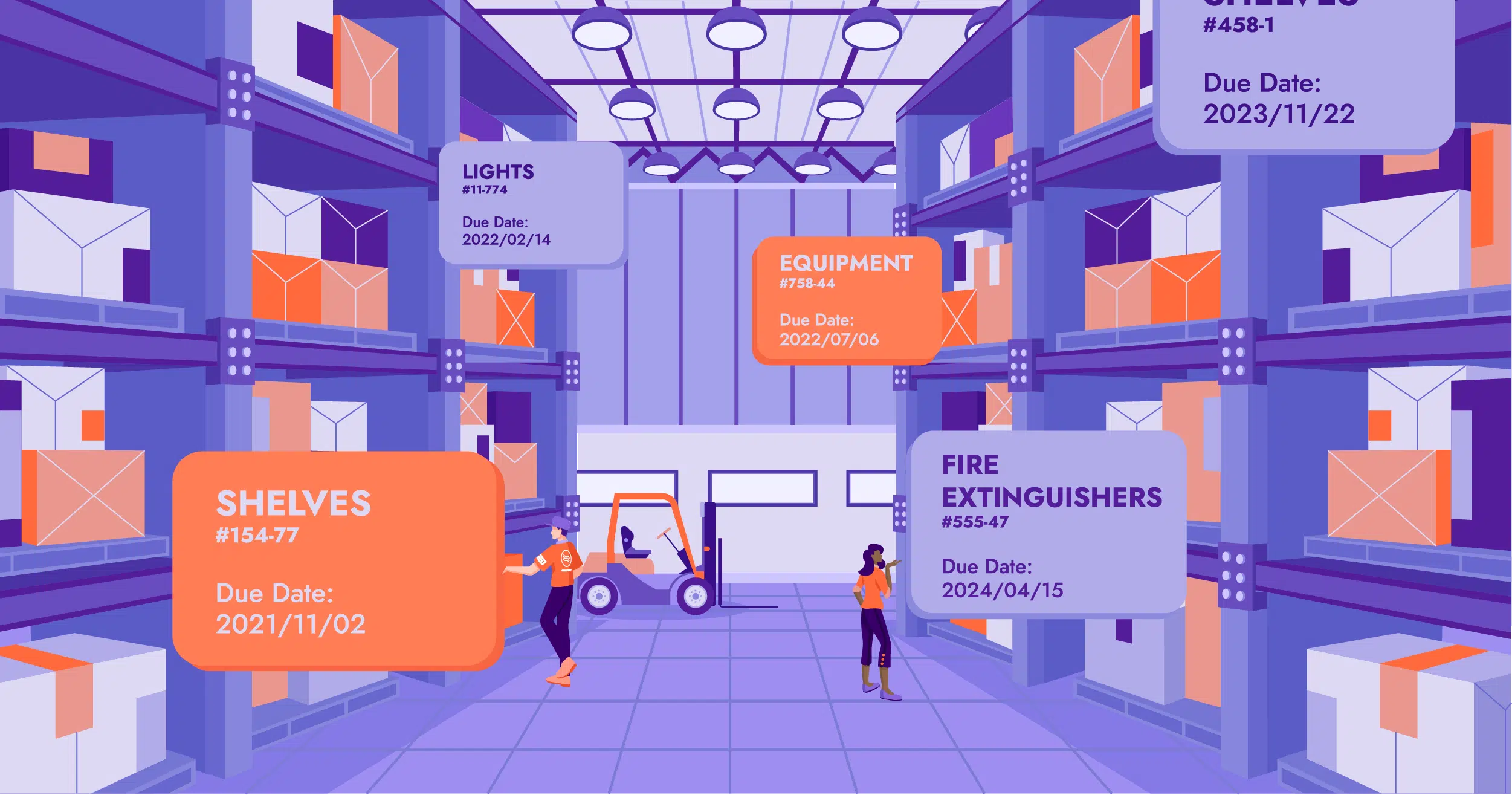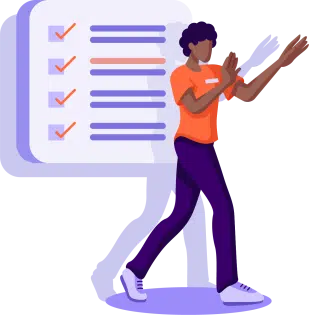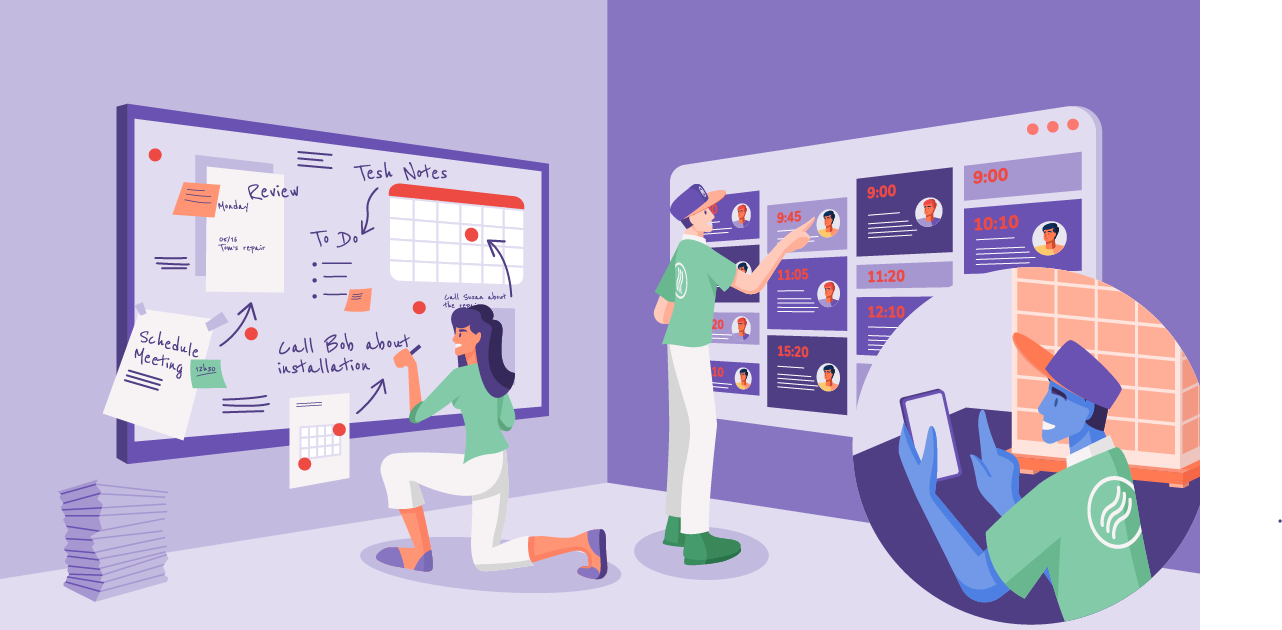Building Field Service Technicians Training: A Comprehensive Guide for Service Managers

Welcome to our comprehensive guide on building field service technicians training programs. Effective training is essential for field service technicians to deliver high-quality service and ensure customer satisfaction. In this blog post, we will explore the importance of field service training, the role of service managers in training technicians, key components of training programs, leveraging technology in training, continuous learning, overcoming training challenges, certification, and how FieldInsight can help you streamline your field service training activities. So, let’s dive in!
But before we begin, if you’re looking for a comprehensive solution to manage your field service operations, including training, check out FieldInsight’s software. It offers excellent features for scheduling, tracking, and evaluating training activities. You can learn more about field service software here.
Understanding the Importance of Field Service Training
Effective field service training is the foundation for delivering exceptional service and achieving high levels of customer satisfaction. When technicians undergo comprehensive training, they acquire the skills and knowledge needed to perform their job tasks with precision and efficiency. This translates directly into improved service quality.
Well-trained technicians understand the intricacies of their work and are equipped to handle various service scenarios. They have a deep understanding of the equipment they work with, enabling them to diagnose issues accurately and apply the appropriate solutions. By performing their tasks with precision, technicians can minimize errors, reduce the need for follow-up visits, and ensure that customers receive the highest quality of service.
Customer satisfaction is closely linked to service quality. When customers receive service that meets or exceeds their expectations, they are more likely to be satisfied with the overall experience. Well-trained technicians are confident in their abilities, which instills trust and reassurance in customers. They are able to address customer concerns promptly and effectively, ensuring that customers feel heard and valued. By consistently delivering high-quality service, technicians contribute to positive customer experiences and foster long-term customer loyalty.
In addition to improving service quality, effective field service training enhances technician productivity. When technicians are trained on efficient work practices, they can complete their tasks more quickly and effectively. They learn techniques to optimize their time, streamline workflows, and make the best use of available resources. Productive technicians not only accomplish more in less time but also have the capacity to handle a higher volume of service requests, leading to improved response times and customer satisfaction.
Training also plays a vital role in keeping technicians up to date with the latest industry trends and technological advancements. Field service operations are constantly evolving, and it is crucial for technicians to stay ahead of these changes. Through continuous learning and professional development, technicians can expand their knowledge and skills to adapt to new equipment, tools, and service techniques. This enables them to provide the most up-to-date and relevant service to customers, enhancing the overall customer experience.
Investing in field service training demonstrates a commitment to technician development and professional growth. It fosters a positive work culture that values skill enhancement and provides opportunities for advancement. Well-trained technicians are more engaged, motivated, and invested in their work. This leads to higher job satisfaction and employee retention, as technicians feel valued and supported in their career progression.
Key Components of Field Service Training
Field service training programs should incorporate key components to ensure comprehensive skill development. Technical skills are of utmost importance, as technicians need to be proficient in repairing, installing, and maintaining the equipment they work with. Customer service skills are equally essential, as technicians are the face of the company during on-site visits. Providing exceptional customer service builds trust, fosters positive relationships, and enhances the overall customer experience. Safety training is crucial to ensure the well-being of technicians and customers. It equips technicians with the knowledge and practices to identify and mitigate potential risks and hazards.
Building a Field Service Training Program
Building a field service training program is a strategic process that involves careful planning and consideration. By following a systematic approach, service managers can create a comprehensive training program that addresses the specific needs of their technicians. Let’s dive into the key steps involved in building a field service training program.
The first step is to create a training curriculum that encompasses the essential components of field service training. This typically includes technical skills, customer service skills, and safety training. Technical skills cover the specific knowledge and abilities required to perform service tasks effectively. This can include equipment repair, installation techniques, troubleshooting procedures, and maintenance protocols. Customer service skills focus on interpersonal and communication skills, teaching technicians how to engage with customers, actively listen to their concerns, and provide a positive service experience. Safety training is critical to ensure that technicians are aware of potential hazards, follow proper safety protocols, and maintain a safe work environment.
Once the training curriculum is established, break it down into manageable modules. Each module should have a clear focus and defined learning objectives. This helps organize the training program into digestible chunks, making it easier for technicians to grasp and retain the information. Modules can be structured based on different topics, equipment types, or service processes. The division into modules allows for flexibility and adaptability in delivering the training program.
Next, select training methods that align with the learning objectives and suit the needs of your technicians. Different training methods can be combined to create a well-rounded program. Instructor-led training, conducted either in-person or remotely, provides a structured learning environment with a knowledgeable facilitator guiding the training sessions. Hands-on practice allows technicians to apply what they’ve learned in a practical setting, reinforcing their skills and boosting confidence. E-learning modules provide a flexible and self-paced learning experience, allowing technicians to access training materials at their convenience. By leveraging a combination of training methods, you can cater to different learning styles and maximize engagement.
To ensure the effectiveness of your training program, incorporate assessments and feedback mechanisms. Assessments can be in the form of quizzes, practical demonstrations, or simulations that test technicians’ understanding and application of the learned skills. These assessments help gauge knowledge retention and identify areas that may require additional focus. Feedback mechanisms, such as surveys or open discussions, allow technicians to provide input on the training program, share their experiences, and suggest improvements. Regularly reviewing and incorporating feedback into the training program ensures that it remains relevant and impactful.
Evaluation is a crucial aspect of building a field service training program. Continuously monitor and evaluate the effectiveness of the training program through metrics such as technician performance, customer feedback, and service quality indicators. Analyzing these metrics provides insights into the program’s impact and helps identify areas for improvement or adjustment.
Leveraging Technology in Field Service Training
Technology plays a significant role in enhancing field service training. Digital tools and platforms can streamline training delivery and effectiveness. E-learning platforms provide a convenient and flexible way to deliver training materials to technicians, allowing them to learn at their own pace. Virtual reality (VR) can be used to simulate real-world scenarios, providing a safe environment for technicians to practice their skills. Technology also enables tracking and monitoring of training activities, making it easier to ensure compliance and assess the effectiveness of the training program.
The Role of Continuous Learning in Field Service Training
Field service technicians must embrace continuous learning to stay updated with the latest industry trends and technologies. Ongoing training and professional development opportunities are essential for technicians to expand their knowledge and skills. Encourage technicians to participate in industry conferences, webinars, and workshops. Foster a culture of continuous learning within your organization by providing resources and incentives for technicians to pursue further education and certifications.
Overcoming Challenges in Field Service Training
Field service training can present challenges such as time constraints, knowledge retention, and training engagement. To overcome these challenges, consider providing training in bite-sized modules that technicians can access at their convenience. Implement knowledge reinforcement techniques, such as quizzes or practical assessments, to improve knowledge retention. Engage technicians by making training interactive and relevant to their day-to-day work. Job management software, like FieldInsight, can assist in managing and tracking training activities, ensuring that training goals are met effectively.
The Importance of Certification in Field Service Training
Certification adds credibility and enhances the trust customers place in your field service technicians. It validates their expertise and demonstrates their commitment to professional development. Encourage technicians to pursue relevant field service certifications, such as manufacturer-specific certifications or industry-recognized certifications. Certification programs often include comprehensive training and assessment components to ensure technicians meet the required standards.
Leveraging FieldInsight for Field Service Training
FieldInsight’s software offers an ideal solution for managing field service training. With its features for scheduling, tracking, and evaluating training activities, FieldInsight streamlines your training processes. You can easily schedule training sessions, track attendance, and monitor progress. The software also enables you to assess training effectiveness through assessments and feedback mechanisms. By leveraging FieldInsight, you can simplify your field service training activities and ensure that your technicians receive the training they need to excel in their roles.
Takeaways for your field service technician training guide…
In conclusion, building an effective field service technicians training program is crucial for service quality and customer satisfaction. Whether you need field service engineer training, field service manager, or technician skills training, gaining more knowledge in your team can help your business become more efficient and boost productivity.
By recognizing the importance of training, incorporating key performance indicators, leveraging technology, fostering continuous learning, overcoming challenges, and promoting certifications, you can ensure that your technicians are equipped with the skills and knowledge to deliver exceptional service. And don’t forget to explore FieldInsight’s software to streamline your field service training activities.
Take the next step in optimizing your field service training and explore FieldInsight’s software today. Visit their website to learn more about its features and how it can benefit your business. Elevate your field service training and empower your technicians to deliver outstanding service with FieldInsight!
What You Should Do Now
- Book a Demo. You’ll be in touch with an automation expert who has worked in this space for over 5 years, and knows the optimal workflow to address your needs.
- If you’d like access to free articles about managing HVAC workflows, go to our blog.
- If you know someone who’d enjoy reading this page, share it with them via email, Linkedin, Twitter, or Facebook.





